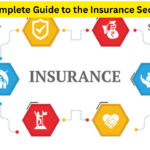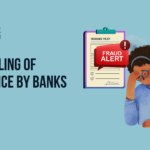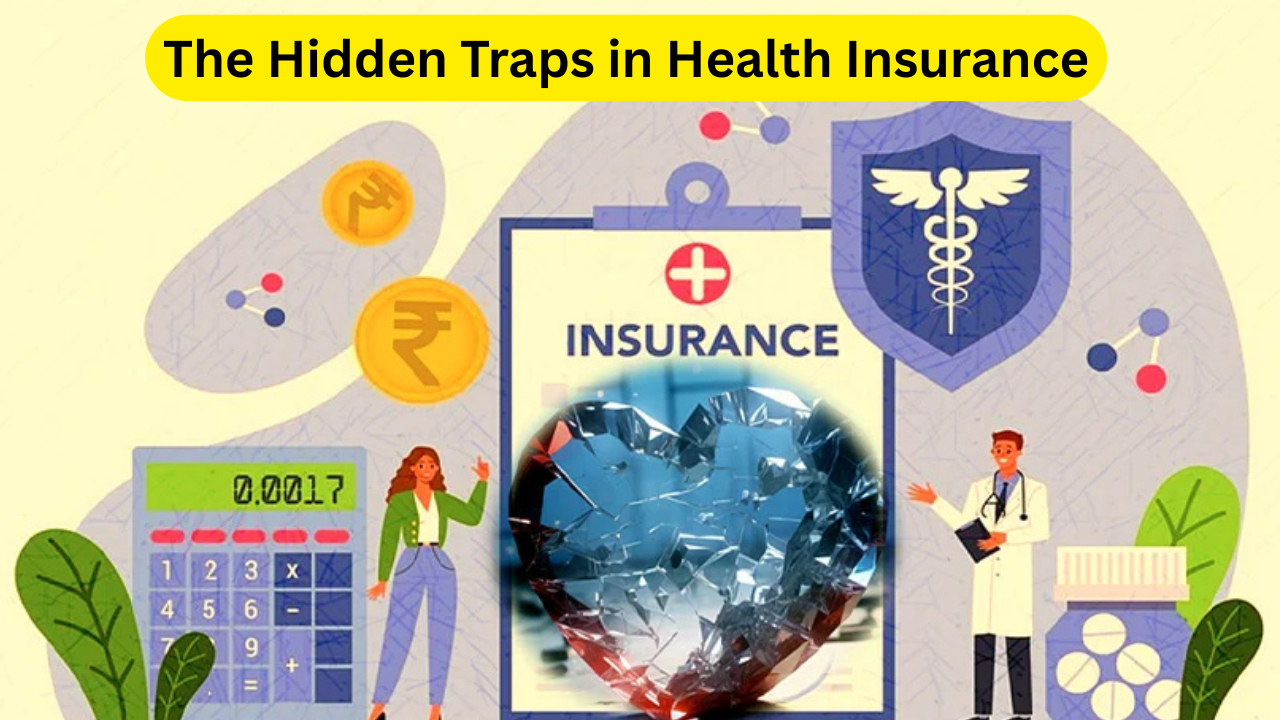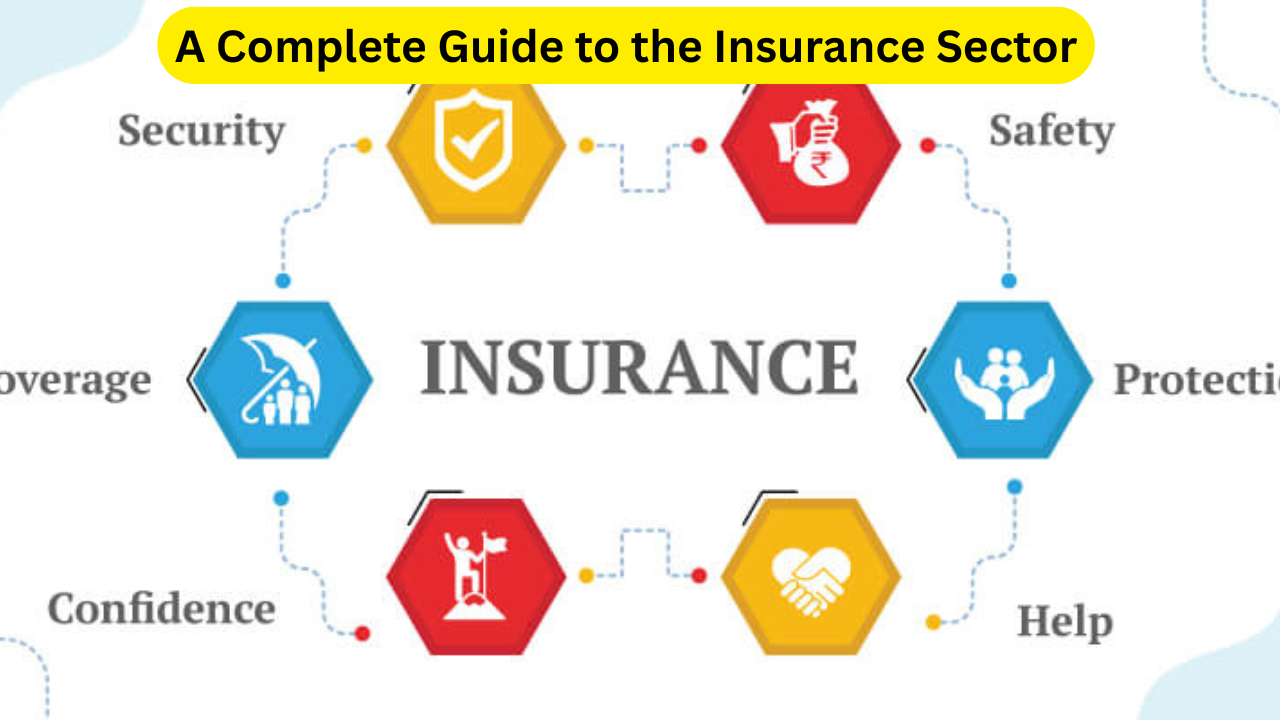The Hidden Traps in Health Insurance: Health insurance is often seen as a safety net, a vital shield against the rising cost of medical care. Yet, despite its importance, many individuals remain unaware of the finer details that can make or break a claim. While we diligently pay our premiums every year, few of us scrutinize the policy documents or fully comprehend the exclusions, limits, and terms. It’s only when we are faced with a medical emergency that the true nature of our coverage becomes apparent. This lack of clarity can be costly and emotionally draining, especially for vulnerable groups like senior citizens.
Consider the case of an elderly policyholder who had maintained his insurance for over two decades. On the surface, a coverage of Rs 5 lakh seemed adequate, offering a sense of security. However, life took an unexpected turn when he required a cardiac implant surgery costing Rs 8 lakh. Despite his long-term relationship with the insurer, he was denied an increase in sum insured due to his age. Worse, the hospital was not part of the insurer’s cashless network, and he had to pay upfront and go through a painstaking reimbursement process.
The situation deteriorated further during the claims process. Forms, original documents, hospital signatures, and follow-ups became a full-time task. When finally submitted, the third-party administrator offered no assurance or verification. After delays, additional document requests surfaced, including a device sticker and its bill—details easily available online but used as a reason to stall the claim. Eventually, the insurer approved only Rs 3.5 lakh, citing a hidden clause that limited claim reimbursement to 70% for senior citizens undergoing major procedures. This clause, buried deep in policy documentation, had never been disclosed upfront.
The Hidden Traps in Health Insurance?
Health insurance policies in India are available for:
- Individuals (18 years and above)
- Senior Citizens (60+ years, though some companies may restrict new entries post 65)
- Family floaters (covering self, spouse, children, and parents)
- Corporate employees through group insurance
However, it’s crucial to check age limits, renewal terms, and pre-existing disease clauses.
Also read: All Sport Insurance Ireland Motorcycle Cover: Ride with Confidence
Health Insurance Premiums and Fees
Premiums depend on multiple factors:
- Age: Older applicants pay higher premiums
- Pre-existing conditions: Can lead to loading (extra premium)
- Coverage amount: Higher sums insured have higher premiums
- Type of policy: Individual vs. family floater
Typical premium for a 30-year-old with Rs 5 lakh cover: ~Rs 6,000–8,000 annually. For senior citizens, it can go up to Rs 25,000–40,000.
How to Use Health Insurance?
- Cashless Treatment: Visit network hospitals, show your e-card or policy number.
- Reimbursement Claim: If treated at a non-network hospital:
- Collect all original bills, prescriptions, reports
- Fill and submit claim form to the TPA
- Await processing, respond to any queries, and receive settlement
Benefits of Health Insurance
- Financial Protection: Covers hospitalization, surgeries, ICU, and procedures
- Tax Benefits: Under Section 80D of Income Tax Act
- Peace of Mind: Reduces financial stress in medical emergencies
- Wide Coverage: Includes daycare, pre- and post-hospitalization, ambulance, etc.
How to Apply for Health Insurance?
- Online Portals: Visit insurer websites or aggregators like Policybazaar
- Offline Mode: Through insurance agents or directly at company branches
- Documents Needed: ID proof, address proof, age proof, medical history
- Medical Test: May be required based on age and sum insured
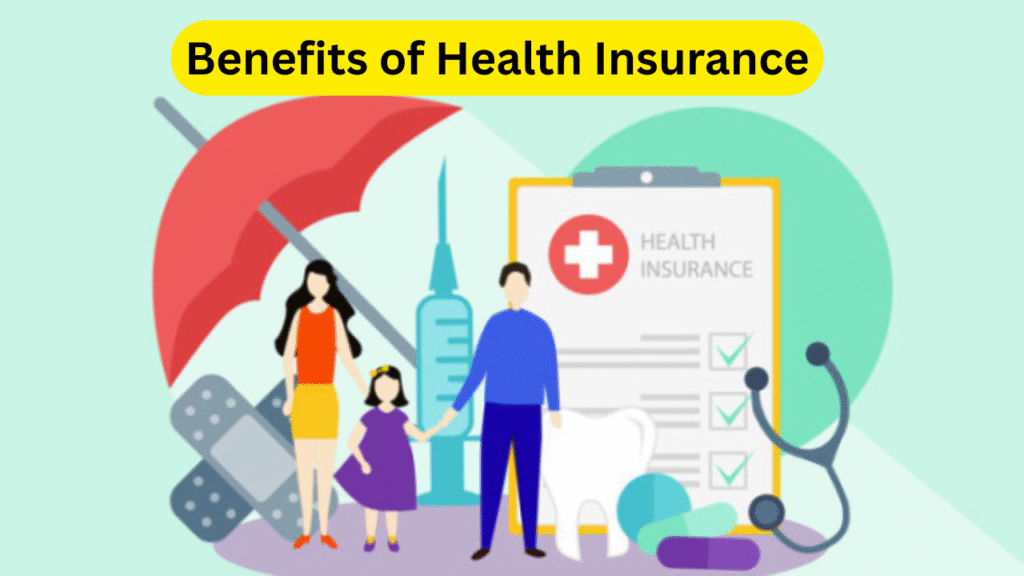
Important Dates
- Policy Purchase: Any time of the year
- Policy Renewal: Yearly (ensure no lapse)
- Waiting Periods: Typically 30 days for general illnesses, 2–4 years for pre-existing conditions
Disclaimer
This article is for informational purposes only. Readers are advised to read the complete terms and conditions of any insurance policy before purchase. We do not endorse any specific insurance provider. Star Health Insurance
The Hidden Traps in Health Insurance Conclusion
Health insurance is undoubtedly an essential tool for managing unforeseen medical expenses. But its effectiveness is severely undermined by fine print, hidden clauses, and complex procedures. The case of the senior citizen reveals that even loyal customers can face unfair restrictions and opaque policies.
Policy buyers must exercise due diligence before signing up. Reading every clause, checking for sub-limits, room rent caps, and age-based restrictions is vital. One must also evaluate network hospital coverage, as cashless treatment can significantly ease the burden during emergencies.
Transparency from insurance providers is the need of the hour. Regulatory bodies like IRDAI should enforce simpler documentation, clearer disclosures, and fairer treatment for senior citizens and policyholders with long-standing relationships.
Informed decisions, regular policy reviews, and awareness of your rights as a policyholder are the only real shields against the hidden traps in health insurance. Being proactive today can save you from heartbreak tomorrow.
The Hidden Traps in Health Insurance FAQs
1. What is the waiting period i n health insurance?
A waiting period is the time span after policy purchase during which certain claims are not accepted. For general illness, it’s usually 30 days. For pre-existing conditions, it can range from 1 to 4 years.
2. Can a senior citizen get new health insurance after 65?
It is difficult but not impossible. Some companies offer senior citizen plans up to age 80, but premiums are high and medical check-ups mandatory.
3. What is a Third Party Administrator (TPA) in health insurance?
TPAs are intermediaries who process claims on behalf of insurance companies. They handle documentation, hospital liaison, and claim settlements.
4. How can I check if my hospital is in the cashless network?
Insurer websites or customer service can provide the latest network hospital list. Always verify before hospitalization.
5. What happens if my claim is partially settled or denied?
You can raise a grievance with the insurance company. If unresolved, escalate to IRDAI or approach an insurance ombudsman for redressal.



